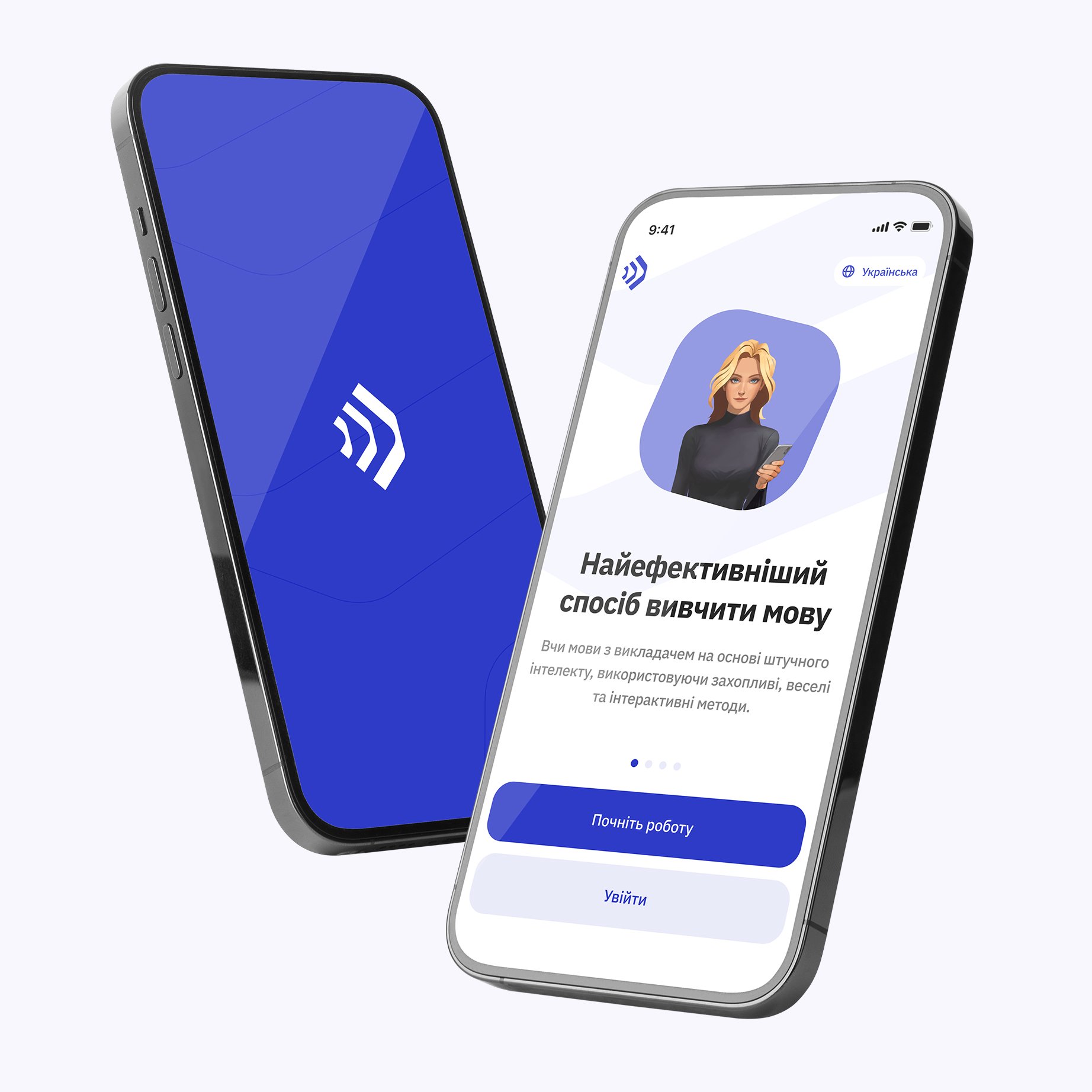При переказуванні висловлювань важливо звернути увагу на зміну часу, займенників та модальних дієслів. Ці аспекти непрямої мови можуть видатися складними, але з допомогою вправ ви зможете покращити свої навики. Пропонуємо вам вправи, які допоможуть вам краще розуміти й застосовувати англійську непряму мову в письмі та мовленні.
Вправи на тему непрямої мови (Reported Speech)
She said, “I am watching TV.” She said that she *was* (tense) watching TV.
He said, “We will go to the park.” He said that they *would* (modal) go to the park.
They said, “Our project can be finished by Monday.” They said that their project *could* (modal) be finished by Monday.
John told me, “I won’t tell anyone your secret.” John told me that he *wouldn’t* (modal) tell anyone my secret.
Mary said, “Tim has done his homework.” Mary said that Tim *had* (tense) done his homework.
The teacher said, “The exam starts at 9 AM sharp.” The teacher said that the exam *started* (tense) at 9 AM sharp.
She asked, “Are you going to attend the meeting?” She asked if I *was* (tense) going to attend the meeting.
The manager stated, “Our team is the best in the league.” The manager stated that their team *was* (tense) the best in the league.
He whispered to her, “I have never seen such a beautiful sight before.” He whispered to her that he *had* (tense) never seen such a beautiful sight before.
She exclaimed, “That was the most amazing concert ever!” She exclaimed that it *had been* (tense) the most amazing concert ever.
Their reply was, “Yes, we can confirm the payment.” Their reply was that yes, they *could* (modal) confirm the payment.
He warned them, “Don’t swim too far out.” He warned them *not* (negative) to swim too far out.
The little girl told her mother, “I feel sick.” The little girl told her mother that she *felt* (tense) sick.
He announced, “I will be running the marathon this year.” He announced that he *would be* (tense) running the marathon this year.
She thought, “I may need help with this.” She thought that she *might* (modal) need help with this.
Вправи на перетворення прямої мови у непряму (Changing direct speech to reported speech)
Tom mentioned, “I was waiting for the bus when you called.” Tom mentioned that he *had been* (tense) waiting for the bus when I called.
She confessed, “I haven’t been honest with you.” She confessed that she *hadn’t been* (tense) honest with me.
The guide said, “Don’t touch the exhibits.” The guide said *not* (negative) to touch the exhibits.
The chef claimed, “I have created a new recipe.” The chef claimed that he *had* (tense) created a new recipe.
She admitted, “I am afraid of flying.” She admitted that she *was* (tense) afraid of flying.
John argued, “You do not understand the situation.” John argued that I *did not* (negative) understand the situation.
The boss announced, “I am planning to expand the business.” The boss announced that he *was* (tense) planning to expand the business.
The witness stated, “I saw him entering the building.” The witness stated that he *had* (tense) seen him entering the building.
He declared, “My team will win the match.” He declared that his team *would* (modal) win the match.
The doctor advised, “You should rest for a few days.” The doctor advised that I *should* (modal) rest for a few days.
The teacher said, “You must hand in your assignments on time.” The teacher said that we *had* (modal) to hand in our assignments on time.
She suggested, “Let’s meet at the cafe.” She suggested that we *meet* (verb) at the cafe.
The police officer warned the driver, “Do not speed.” The police officer warned the driver *not* (negative) to speed.
Paul told his friend, “I can help you with your project.” Paul told his friend that he *could* (modal) help him with his project.
The manager explained, “The meeting has been postponed.” The manager explained that the meeting *had been* (tense) postponed.










